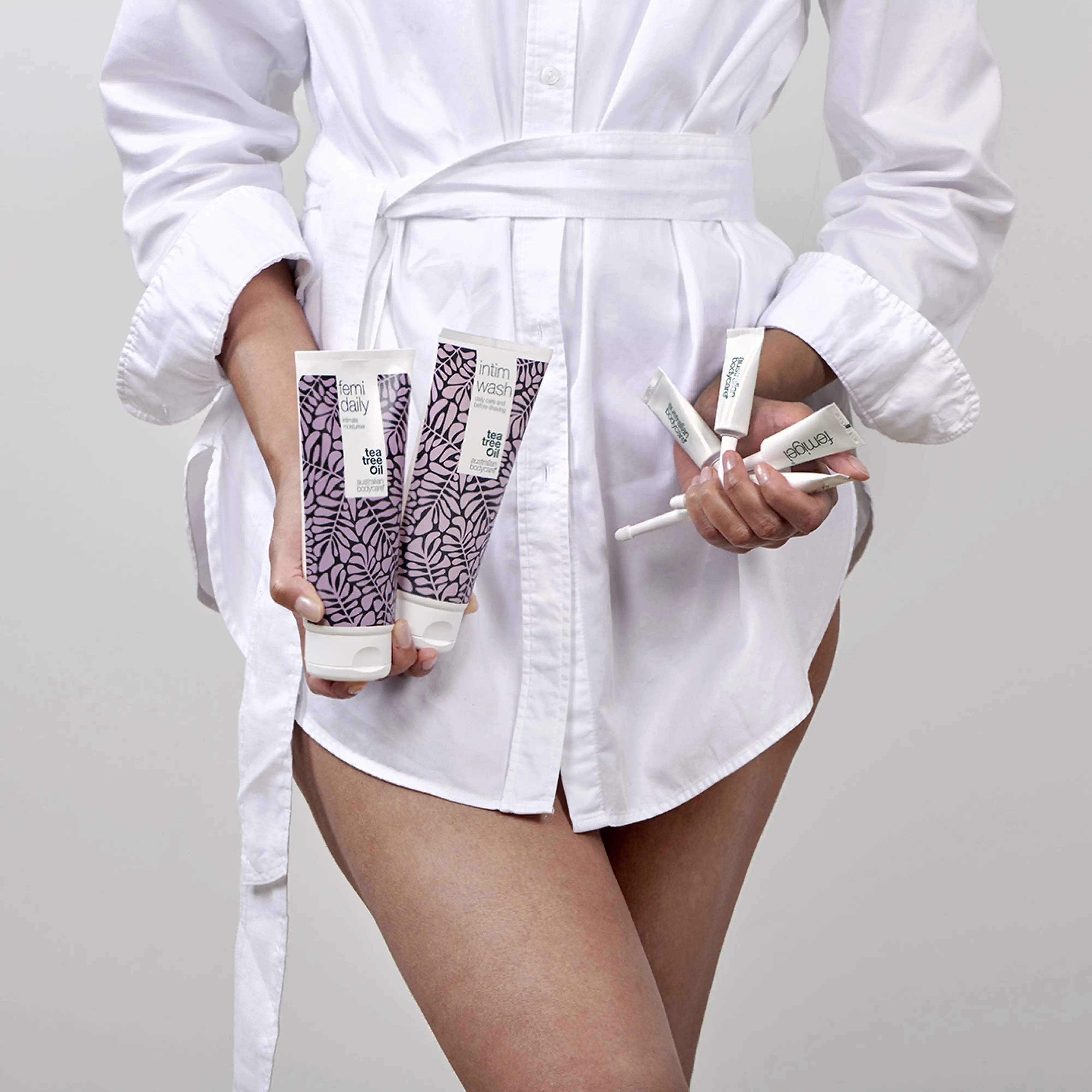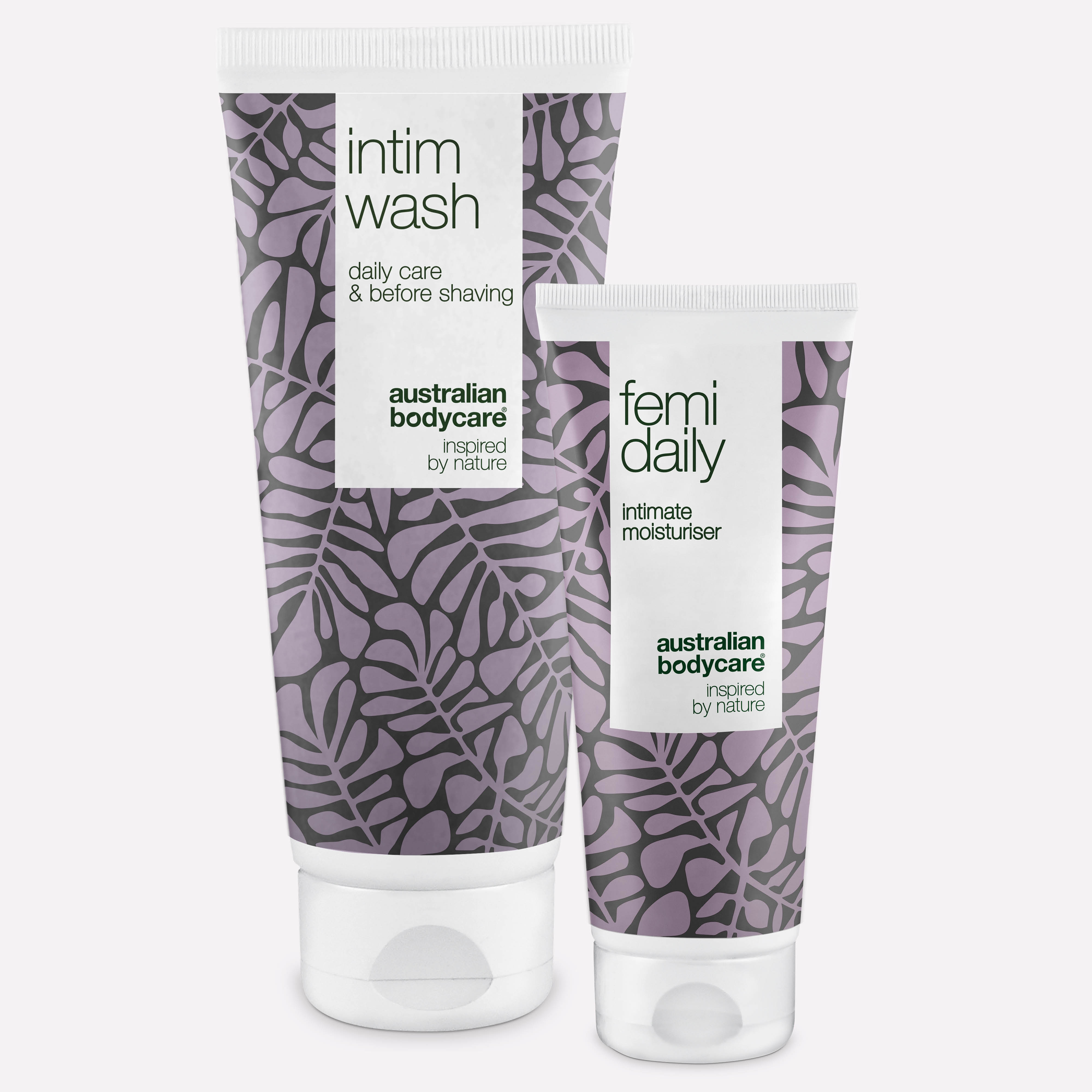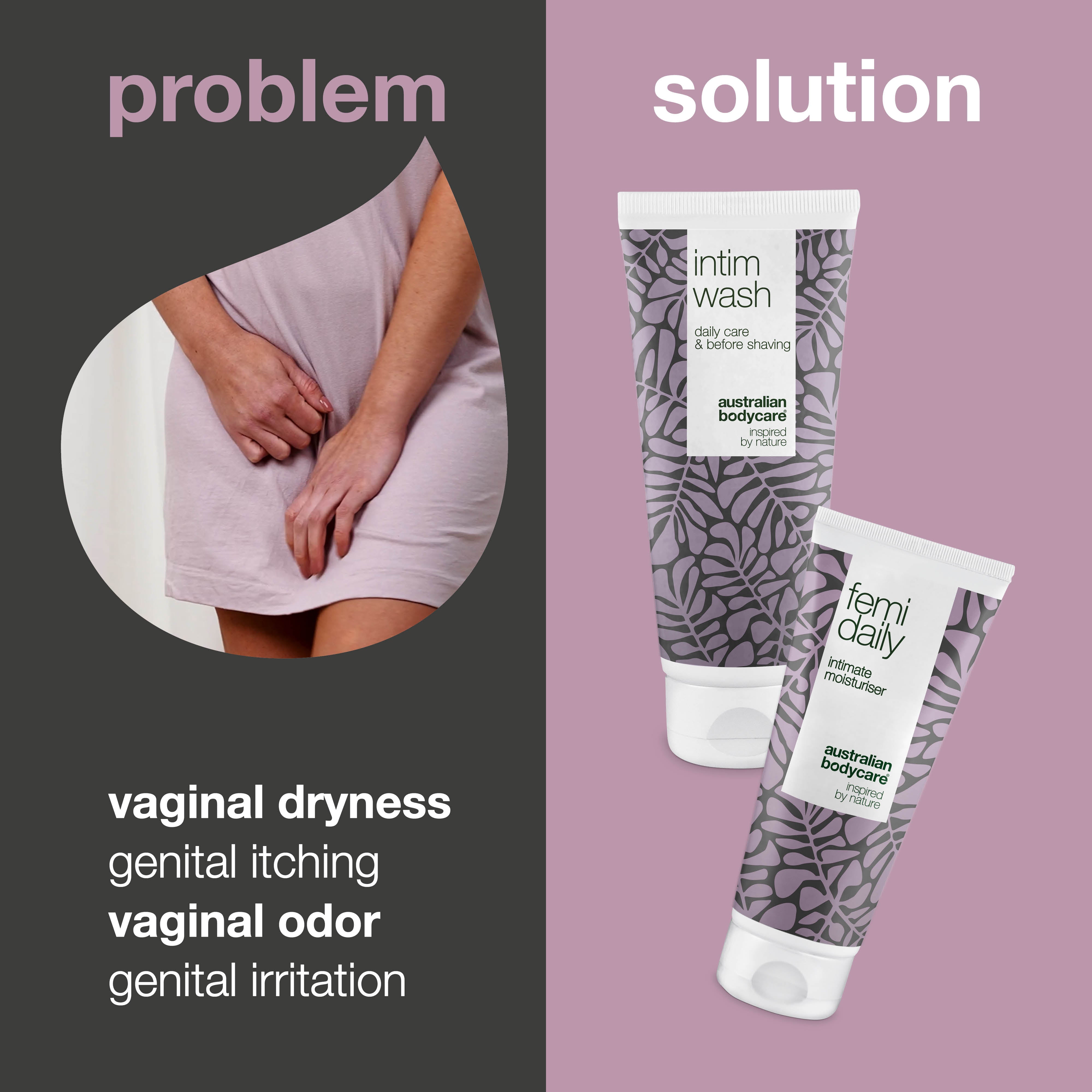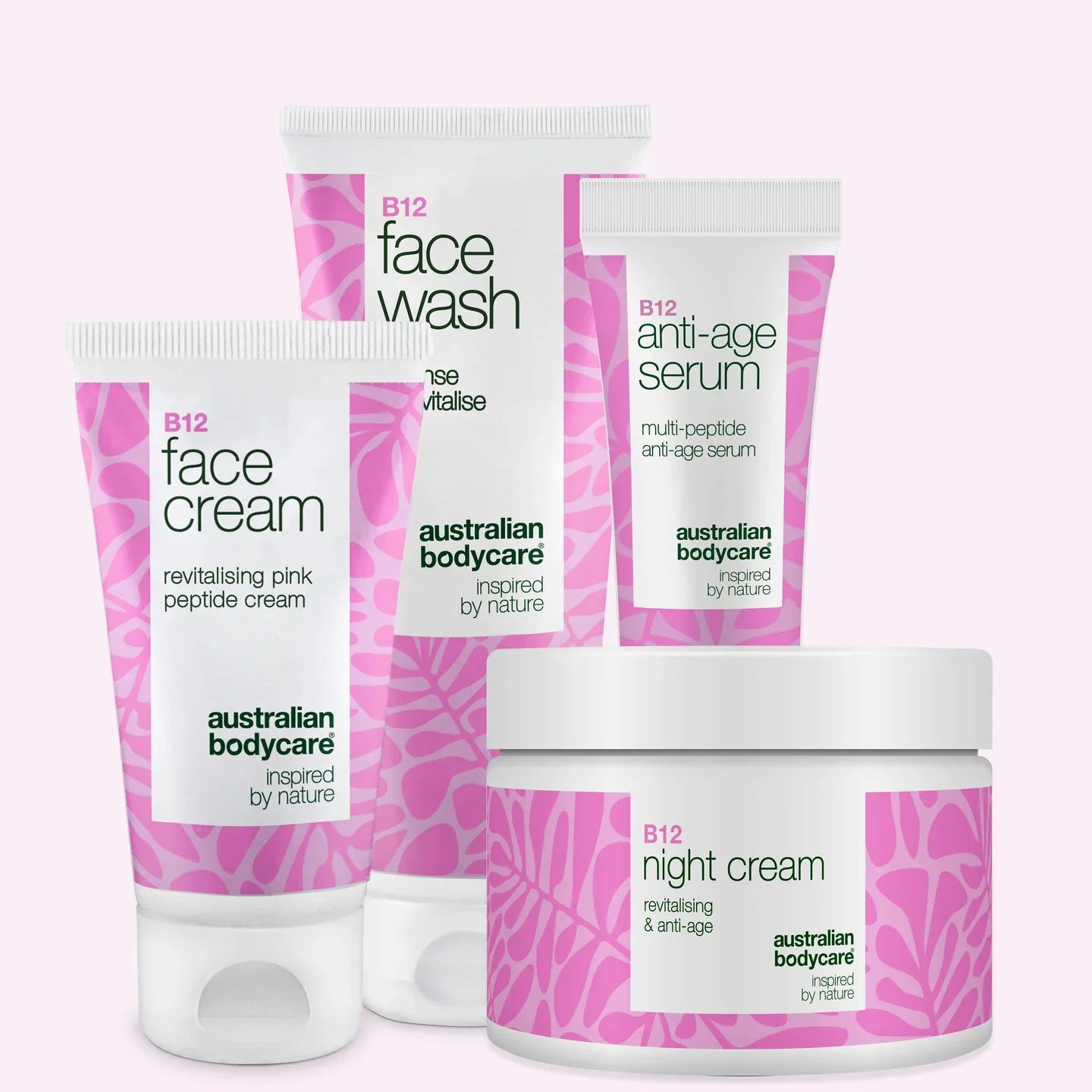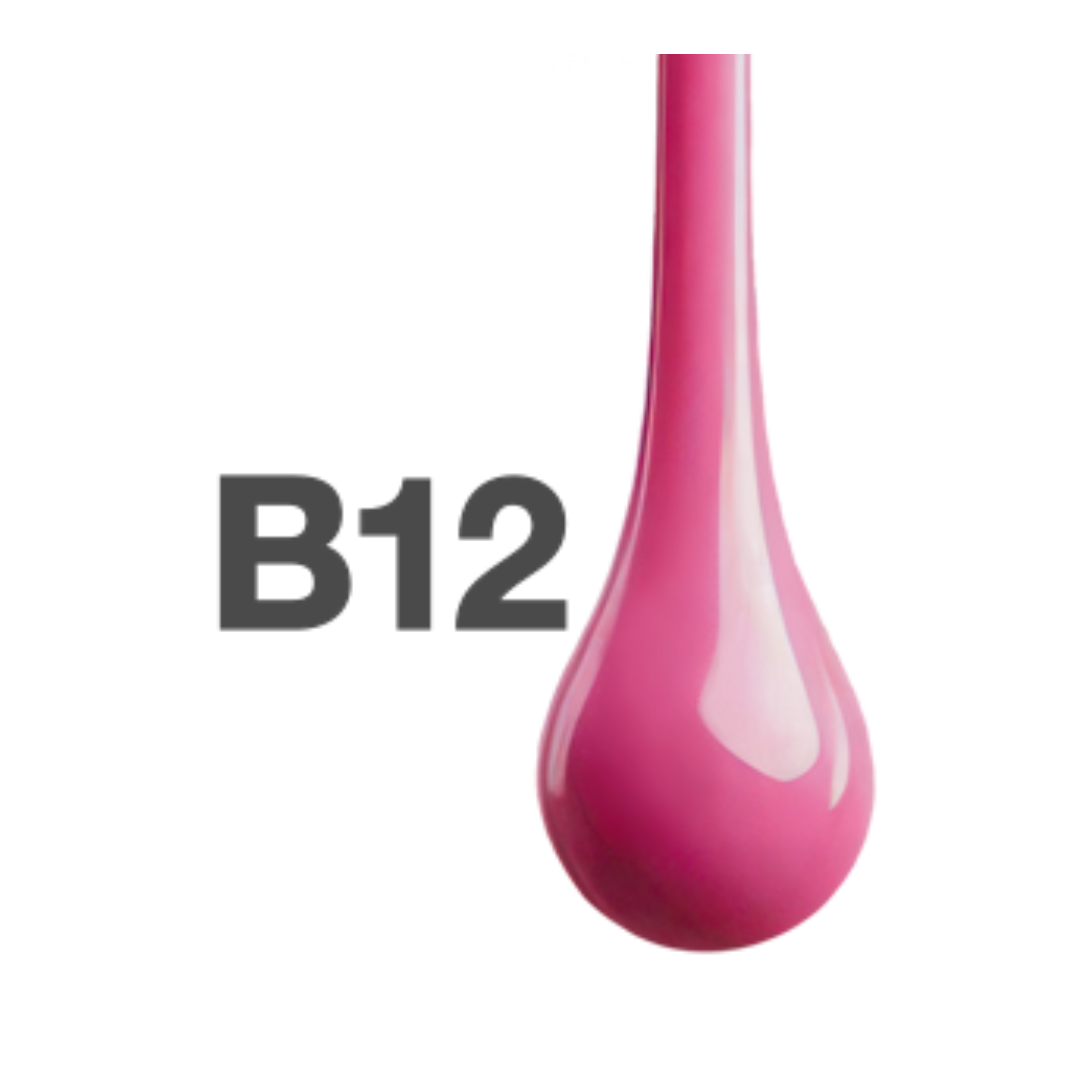Itchy anus – Tired of having an itchy anus? This is how you get rid of it
Table of contents
What is anal itching?
Itching at the rectum, also known as anal itching, is a condition that affects many people. The condition can be recurrent or even become chronic. And it is a sensation of itching that can be either a mild or severe itch around the rectal opening. Either way, anal itching causes discomfort.
It is quite normal for the itching to vary throughout the day. For example, many people find that anal itching increases during the night. And it is also very characteristic that the rectal itching can disappear for several days or weeks and then return.
Why do you get an itchy anus?
Anal itching occurs to some extent in everyone. Just as it can itch anywhere else on the body from time to time, so can the rectum. But if it becomes a recurring problem and the itching doesn't stop, there may be several causes that require treatment
Haemorrhoids
One of the most common causes of rectal itching is haemorrhoids, which are enlarged veins in the rectum. This is why haemorrhoids are often accompanied by drops of blood in the toilet bowl or small splashes of blood on the toilet paper. When you have a bowel movement, the blood pool breaks open and fresh blood is often seen in the stool. However, it's important to see a doctor if you experience blood when you go to the toilet - it can be a completely harmless condition, but can also be a symptom of serious illnesses such as bowel cancer. Haemorrhoids are completely harmless, although they are very annoying because they often hurt and itch terribly.
Anal tears
Anal itching can also occur after a crack or tear in the lining of the rectum. This condition is also known as anal fissure. A tear in the rectum is often accompanied by a strong itching sensation and it is also very painful to go to the toilet. The tear is typically caused by constipation - the hard faeces have torn a hole in the mucous membrane. As with haemorrhoids, a rectal tear will cause a little fresh red blood on the stool or on the toilet paper. But again, it's important to have a doctor examine you to rule out any serious illnesses.
Eczema in the rectum
If you experience troublesome rectal itching, it could also be caused by a skin condition such as eczema. You may have eczema elsewhere on your body, which also manifests as rectal eczema. However, eczema can also be caused by increased moisture in the rectal area - resulting in a very itchy sensation.
Pinworms or fungus
Pinworms can be the cause of rectal itching. Both children and adults can be infected by the worm, which appears as white strands in the faeces or rectum. The condition often causes increased itching in the evening and at night. In addition, rectal thrush can cause an uncomfortable itching sensation. Fungus develops if you have a very moist area around the rectum for a long time.
Excessive or bad hygiene
If you don't wash your rectal area properly, it can quickly become itchy. This is because residues from faeces, for example, can sit and irritate your skin. Good personal hygiene is therefore important, but in fact, excessive hygiene can also cause itching at the back of the rectum. If you wash too much with soap, you remove the skin's natural oil layer, which irritates your skin and causes itching.
Treatment of anal itching
What all of the above conditions have in common is that they itch at the rectal opening. And even if you scratch, it often doesn't help much other than to draw you into a vicious circle - when you scratch, the anal itching typically gets worse.
To relieve itching and irritation at the rectum, you can use Australian Bodycare's Tea Tree Oil products instead. For example, use this anal anti-itch cream, which moisturises your skin sufficiently and helps maintain your skin's own moisture balance. The gel's active ingredients are natural, so you can use it without worrying about harsh chemicals and instead focus on effectively relieving your anal itch. The gel also has a cooling effect to minimise discomfort and burning, and the active ingredients help to rebuild healthy, bacteria-free skin. Gently apply the cream around the rectal opening in small circular motions to work the cream into the skin. In addition, we recommend that you wash daily with Intimate Wash, an effective intimate soap that can be used for anal itching.
Avoid anal itching
The Tea Tree Oil cream acts as a first aid for anal itching, but you can also complement your treatment of itching in other ways.
Visits to the loo
For rectal itching caused by haemorrhoids and tears, it is important to establish good toilet habits. Both conditions typically occur after constipation, so it's important to go to the toilet as soon as the urge arises. If you hold it in, your faeces will become hard and lumpy, making it harder to pass.
To treat tears and haemorrhoids, eat more fibre-rich foods, such as wholemeal bread and lots of vegetables, and drink plenty of water throughout the day to 'lubricate' the inside of your bowels. When you sit on the toilet, it's also important to sit correctly. It's not an armchair where you sit back with a magazine - tempting though that is. Instead, sit slightly bent over. That way, you'll help your digestion. You should also avoid sitting on the toilet for too long.
Also, buy the right toilet paper. Many people buy cheap toilet paper because it's just for wiping the end. But actually, it's wise to think twice about your toilet paper consumption. Make sure you buy paper that is soft. Coarse toilet paper is hard on your bum and rectum, so you risk irritated skin. Look for unscented toilet paper too, although it's tempting to add a fresh touch with a perfumed version. Perfumed toilet paper irritates your skin, causing unpleasant itching.
Hygiene
As mentioned above, hygiene is also crucial for a healthy anal area without irritation and itching. So make sure you wash regularly - preferably morning and evening. Preferably use an efficient soap. For this, you can use Australian Bodycare Intimate Wash, which effectively cleanses the skin free of bacteria. The soap contains active ingredients that are good for your skin but tough on bacteria. The soap counteracts bacteria. Bacteria can attach and multiply in the area, so they can sit and cause itching. Apply a small amount of soap to your hand and gently wash the area - then rinse thoroughly with water.
As mentioned above, a moist area around the rectum also causes itching and irritation. Therefore, you should avoid synthetic underwear and tight-fitting clothes in general. Opt for cotton underwear and loose-fitting clothes so that your skin can breathe. For women, it's even a good idea to use tampons instead of pads. A pad in your knickers creates extra moisture, which can cause both vaginal and rectal thrush.
To get rid of your anal itching, it is also important to stop scratching. Although this is difficult and requires a lot of self-control, it will only intensify the itching sensation.

